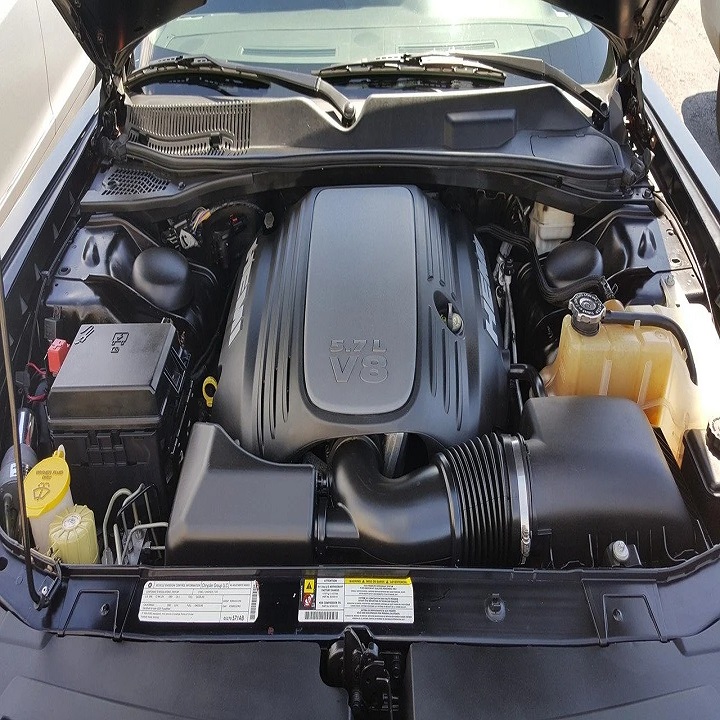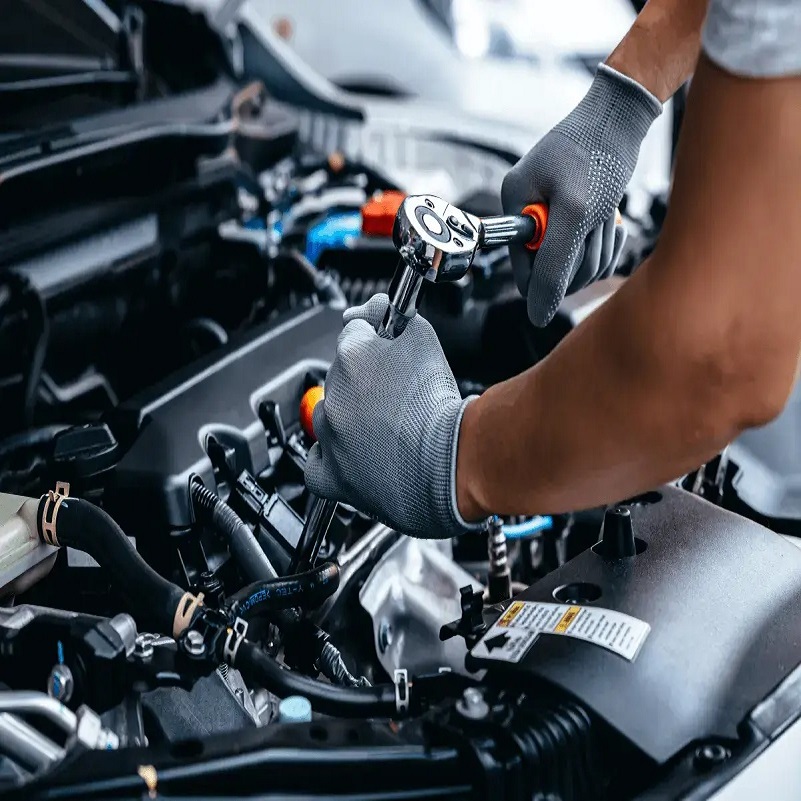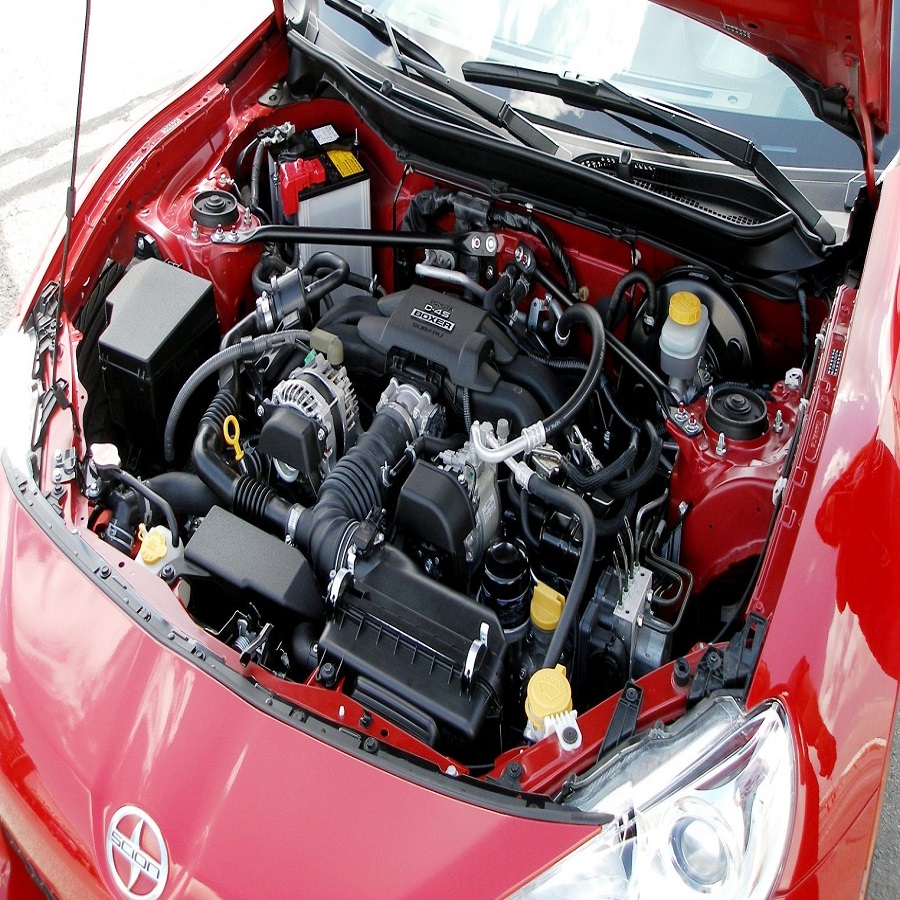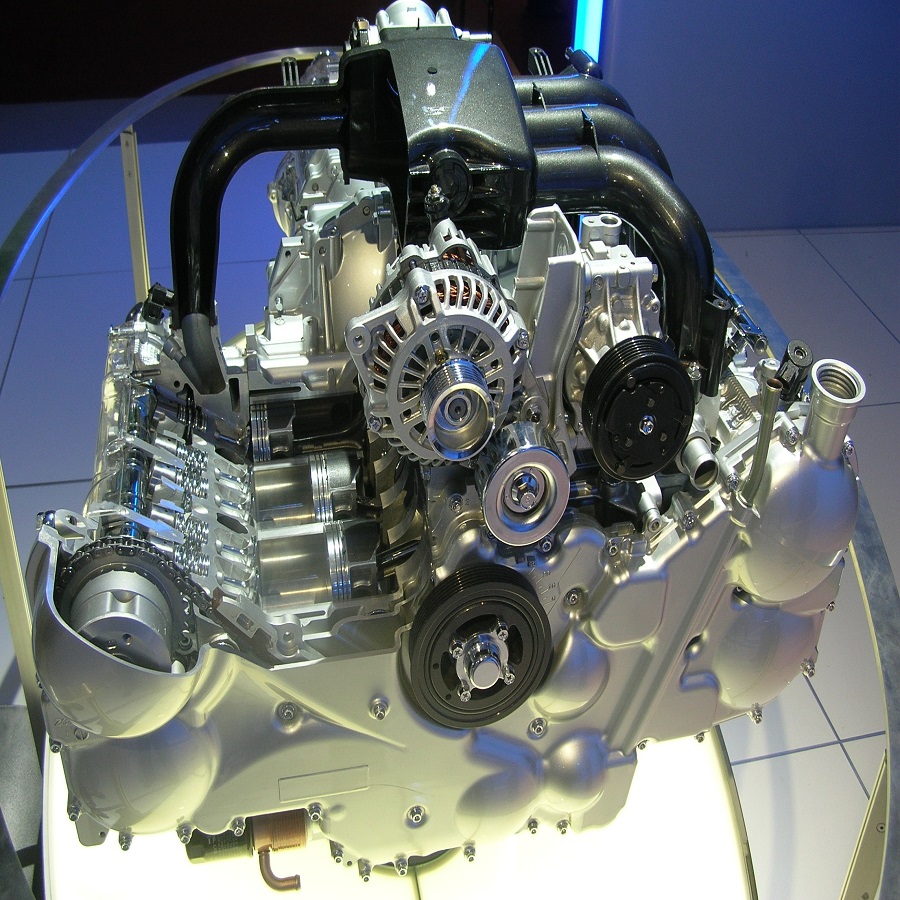How to Clean Your Car Engine? – The Correct Cleaning Method

How to clean your car engine? Your car’s engine is the heart of your vehicle, and just like any other part of your car, it needs regular maintenance and cleaning to keep it running smoothly. Over time, dirt, grease, and grime can build up on the engine, leading to reduced performance and potential damage. Cleaning your car engine not only improves its appearance but also helps to prolong its lifespan. In this article, we will discuss the step-by-step process of how to clean your car engine properly.

Why Clean Your Car Engine
There are several reasons why it is important to clean your car engine regularly. Firstly, a clean engine runs more efficiently and performs better. Dirt and grime can build up on the engine, causing it to overheat and reducing its lifespan. Secondly, a clean engine makes it easier to spot any leaks or potential areas of concern. Lastly, a clean engine improves the overall appearance of your car, making it more appealing and potentially increasing its resale value.
Preparation
Before you begin cleaning your car engine, it is essential to take some precautionary measures. Firstly, ensure that the engine is completely cool. Cleaning a hot engine can lead to damage, so it is best to wait at least an hour after the car has been turned off. Secondly, cover sensitive areas of the engine, such as the alternator, fuse box, and electrical components, with plastic bags or cling wrap to prevent water damage. Finally, disconnect the battery to avoid any electrical mishaps during the cleaning process.
Cleaning Process
- Determine the Type of Cleaner to Use: There are various engine cleaning products available in the market, including degreasers and engine cleaners. It is essential to choose a cleaner that is suitable for your engine type. Read the product label carefully to ensure that it is safe to use on your specific engine.
- Remove Debris: Use a brush or compressed air to remove any loose debris from the engine. Pay close attention to the areas around the hood, as dirt and leaves tend to accumulate there.
- Apply Cleaner: Following the instructions on the product label, apply the cleaner to the engine. It is essential to use a generous amount of cleaner to ensure that it penetrates and dissolves the grease and grime effectively.
- Scrub: Use a soft-bristled brush to scrub the engine gently. Focus on areas with heavy buildup, such as the engine block and valve covers. Be careful not to scrub too aggressively, as this can damage delicate components.
- Rinse: Use a hose to rinse off the cleaner thoroughly. It is crucial to avoid using a high-pressure setting, as this can force water into sensitive areas. Instead, use a gentle spray to remove the cleaner and dirt from the engine.
- Dry: Allow the engine to dry completely before starting the car. Use a cloth or compressed air to speed up the drying process if necessary.

Post-Cleaning
After cleaning the engine, it is important to take a few additional steps to ensure that everything is in order. Remove the plastic bags or cling wrap from the sensitive areas of the engine and reconnect the battery if it was disconnected. Start the car and let it run for a few minutes to ensure that everything is functioning properly. Inspect the engine for any signs of water or cleaner residue and wipe it away if necessary.
Advantages of car engine
The car engine is the heart of a vehicle, providing the power needed to propel the car forward. Over the years, car engines have undergone significant advancements, resulting in improved performance, fuel efficiency, and reduced emissions.
Efficiency
One of the most significant advantages of car engines is their efficiency. Modern car engines are designed to maximize fuel economy while delivering impressive performance. This is achieved through advanced technologies such as turbocharging, direct fuel injection, and variable valve timing. These innovations allow car engines to extract more power from every drop of fuel, resulting in reduced fuel consumption and lower operating costs for the owner.
Performance
Car engines have also greatly improved in terms of performance. With the advancements in engineering and technology, car manufacturers are able to produce engines that deliver more power and torque while maintaining efficiency. This means that modern cars are faster, more responsive, and offer a better driving experience compared to their predecessors. Whether it’s accelerating from a standstill or overtaking on the highway, a well-designed car engine provides the necessary performance to meet the demands of today’s drivers.
Reliability
Another advantage of car engines is their reliability. Through meticulous engineering and rigorous testing, car manufacturers have been able to create engines that are highly durable and long-lasting. This means that modern car engines are capable of withstanding the rigors of daily driving and are less prone to breakdowns and mechanical issues. With proper maintenance, a well-maintained car engine can last for hundreds of thousands of miles, providing peace of mind to the owner.

Car engine maintenance method
The car engine is the heart of any vehicle, and regular maintenance is essential to keep it running smoothly and efficiently. From changing the oil to checking for leaks, there are a variety of maintenance tasks that can help prevent costly engine repairs.
Routine Maintenance
Regular maintenance is key to keeping your car’s engine in top condition. Here are some routine tasks that should be performed on a regular basis:
- Oil Changes: Changing the oil at regular intervals is crucial for keeping the engine running smoothly. This should be done according to the manufacturer’s recommended schedule, typically every 3,000-5,000 miles.
- Fluid Checks: In addition to oil, it’s important to regularly check and top off other fluids such as coolant, power steering fluid, and brake fluid.
- Air Filter Replacement: A clogged air filter can restrict airflow to the engine, reducing performance and fuel efficiency. It’s important to replace the air filter as recommended by the manufacturer.
- Spark Plug Replacement: Worn or fouled spark plugs can cause misfiring and poor engine performance. They should be replaced at the recommended interval, typically every 30,000-50,000 miles.
Diagnostic Tools
When issues arise with the car engine, it’s important to diagnose the problem accurately. Diagnostic tools such as OBD-II scanners can provide valuable information about the engine’s performance and any underlying issues. By connecting the scanner to the car’s onboard computer, it’s possible to read error codes, monitor sensor data, and identify potential problems. This can help pinpoint the cause of issues such as rough idling, poor fuel economy, and check engine lights.
Common Repairs
In addition to routine maintenance, there are several common repairs that may be necessary for a car engine:
- Head Gasket Replacement: A blown head gasket can cause overheating, coolant leaks, and loss of engine power. Replacing the head gasket is a complex and labor-intensive repair, but it’s essential to prevent further damage to the engine.
- Water Pump Replacement: The water pump circulates coolant through the engine to prevent overheating. A faulty water pump can cause overheating and engine damage, so it’s important to replace it as soon as signs of failure appear.
- Fuel System Cleaning: Over time, deposits can build up in the fuel system, affecting engine performance and fuel efficiency. A fuel system cleaning can help improve performance and prevent issues such as rough idling and hesitation.

Conclusion
Regularly cleaning your car engine not only improves its performance but also ensures that it remains in good condition for years to come. By following the step-by-step process outlined in this article, you can effectively clean your car engine without causing any damage. Remember to take proper precautionary measures and use the right cleaning products to achieve the best results. A clean engine not only looks good but also helps your car run more efficiently and reliably.


